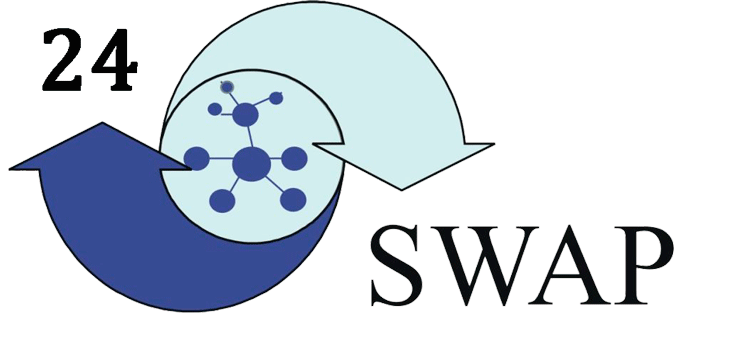Stock exchange commissions for trading securities: how much will you have to pay the broker?
Stock trading has always been a highly profitable endeavor, and with high profits come high commissions and fees.
If you decide to trade company shares, be prepared to pay for opening and maintaining trades, and there may be other fees as well.
Part of these fees are charged by the stock exchange, and the rest is collected by the broker, who organizes the trading process.
It simply cannot be otherwise, and even if it is, you're likely dealing with scammers who will be paying you your deposit.
Today, stock exchange commissions consist of several fees, the amount of which depends on the selected asset and the size of the trade.
Stock exchange and broker fees and charges:
A commission is a classic fee for opening a new trade, typically a fixed amount per share or a percentage of trading volume.
The minimum commission starts at $0.006 per share or 0.1% of the trade volume. Brokers often set a minimum fee per trade, for example, $0.01 per share, but no less than $1 per order.
 As a rule, commissions on the stock exchange decrease as volumes increase, meaning the more you trade, the less you pay.
As a rule, commissions on the stock exchange decrease as volumes increase, meaning the more you trade, the less you pay.
Borrowed funds commissions can also occur if you use leverage; they're usually not high, but they do exist.
Brokers for stock trading - https://time-forex.com/vsebrokery/brokery-fondowogo-rynka
Spread - If you trade using CFDs, instead of a commission, you'll pay a standard spread, which is fixed.
The spread directly depends on the selected asset and can range from 1 to 100 pips. Therefore, be careful before opening trades.
Swap - or the fee for rolling positions over to the next day. Unlike currency pairs, it's always negative:
trading CFDs, you pay an average of 5% per annum or about 0.014% per day
 for rolling over a position, Dividends – we're used to thinking of dividends only as additional profit, but when shorting shares, a dividend adjustment amount is debited from your account on the record date.
for rolling over a position, Dividends – we're used to thinking of dividends only as additional profit, but when shorting shares, a dividend adjustment amount is debited from your account on the record date.
This debit can range from a few cents to several dollars per share.
As you've already noticed, stock exchange commissions also depend on the trading method you choose – classic or contracts for difference. Each option has its pros and cons, and it's up to you to decide. The outcome of a trade is more influenced by the commission than by the correct direction.

